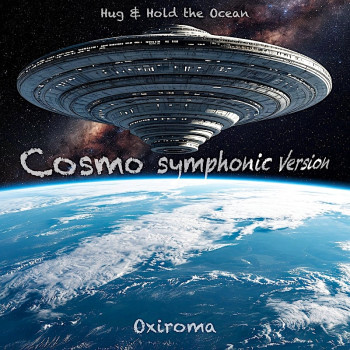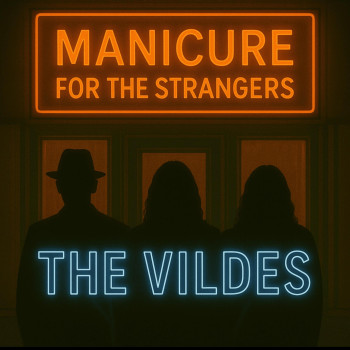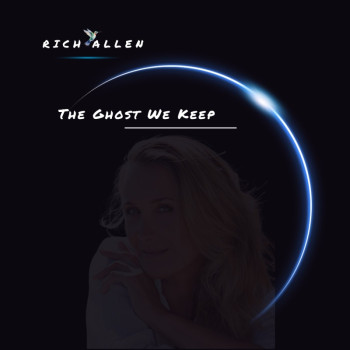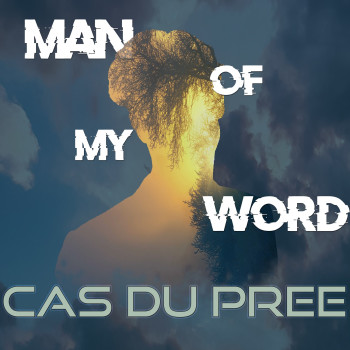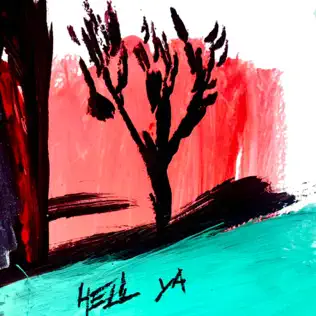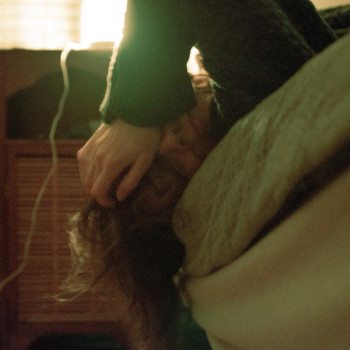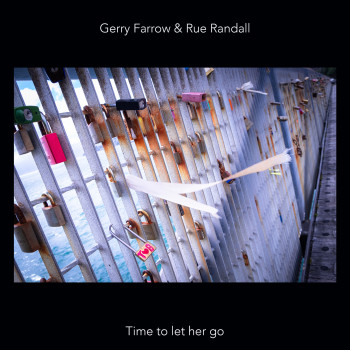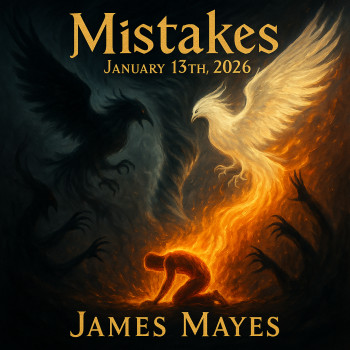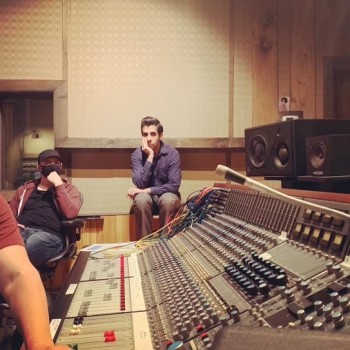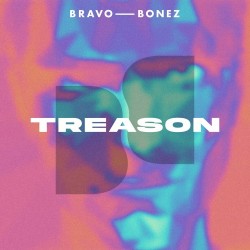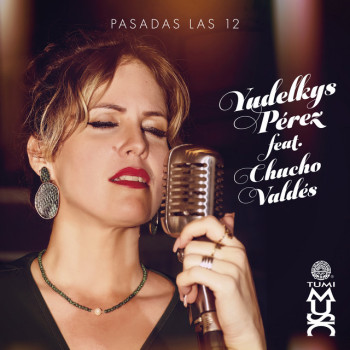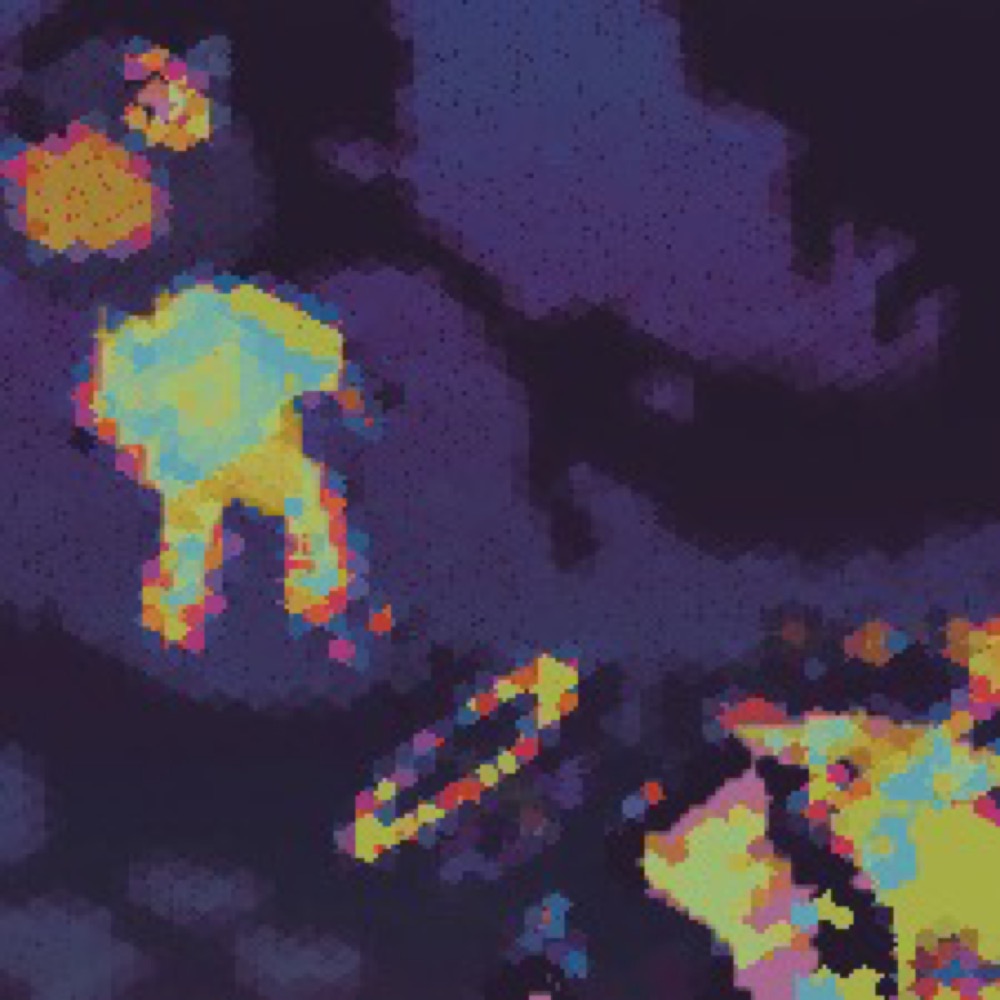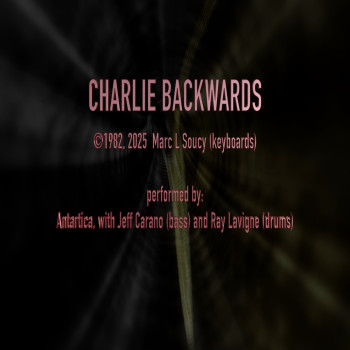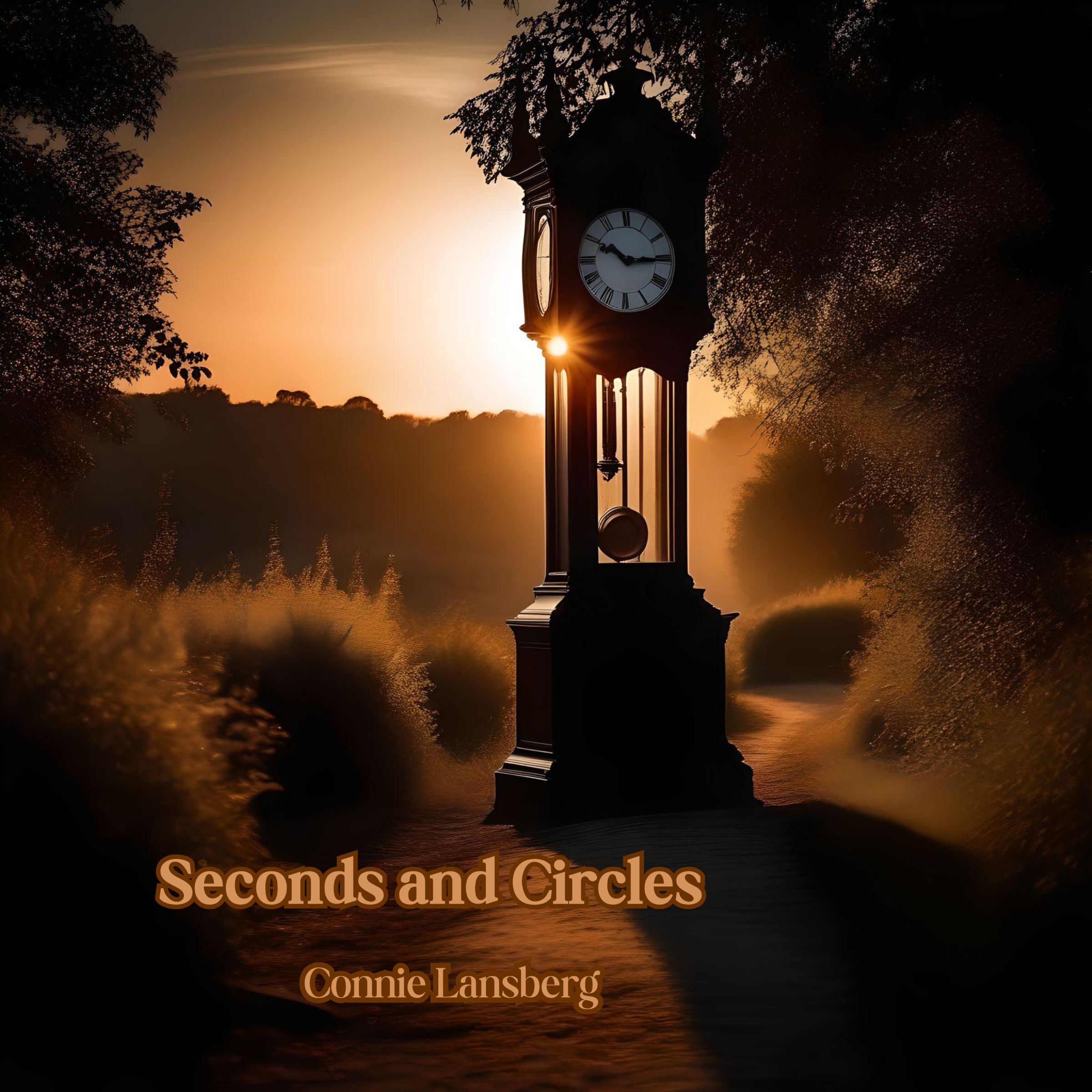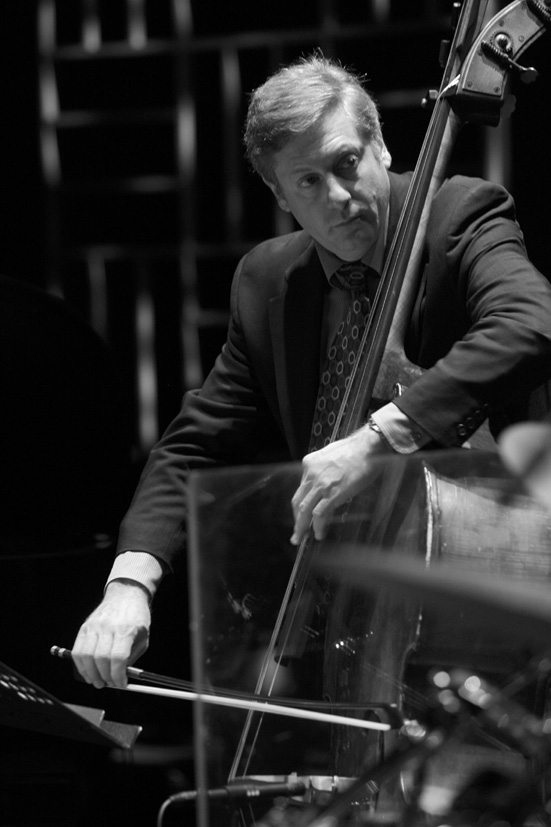Roman Angelos is an accomplished New York City musician who has just teamed up with Music Factory Records for his new album, Tropical Nights. Learn more about Roman below.
1. Roman, can you describe the initial spark or inspiration behind your debut single from “Tropical Nites”?
Roman – The inspiration for ‘Motorbike Journey’ came from the idea that we’re always looking back on past experiences and focusing on them in place of what’s presently going on. Often it doesn’t seem to matter if we’re in the middle of a sublime experience or a high point of life, sometimes we’re always stuck looking in the rearview mirror on times past. This song is a bit more upbeat than some of the others on the record, but I feel like it has enough of a wistful tug that the listener feels forlorn.
2. How did your holiday in Key West influence the creation and themes of “Tropical Nites”?
Roman – The holiday that I wrote this on came at a very difficult point in my life; it was also the first time I had left NYC after the beginning of COIVD, so the experience was a huge sigh of relief for me. When I had written these themes over that evening it felt like a lot of ideas which had been floating around in my head were finally able to make their way out. Plus, I just love tropical-esque environments so the setting was just right.
3. The album “Tropical Nites” conjures images of desolate
streets and late nights in empty bars. How do you translate such
imagery into music?
Roman – I’ve worked with instrumental music most of my life and I feel like it’s much
easier to express an emotion or a “scene” since so much is open to interpretation. I often get a response that my music is relaxing or chill, and while that is one component of it, I don’t think of it that way. But I do love that people can hear through so many different filters! At the end of the day there is a sort of loop between concept, music, title, etc. You write the music, it evokes a title or scene, you come back and rewrite the music along those lines.
4. You worked with Shawn Lee on this project, Roman. How did
his production style influence the overall sound of the album?
Roman – Since I had done all the writing and was performing on guitar, I just handed the sonics of the record over to him and didn’t try to get too involved or ask too many questions. He also has a great ability to sit back and let things work when they are sounding good, but he can also jump in with a sound or idea that augments the music in a way that would turn my head and shift my thinking.
5. Roman, how do the musical styles of Ennio Morricone and
Antonio Carlos Jobim manifest in your new work?
Roman – I’ve been a fan of Jobim ever since I heard “Composer Of Desafinado” in high
school, and it still remains one of my favorite records ever. Both him and Morricone are so deep in my subconscious it’s hard for me to ever write something that doesn’t evoke them! But I can say that I admire them both as arrangers. Whether it be the simplicity of some of those Jobim records or the larger orchestral works of Morricone. Without being dismissive of the writing you could almost say their arrangements *are* the song. And I certainly think in that way and definitely approached this record that way.
6. Can you elaborate on the use of Brazilian percussion and its
significance in your compositions?
Roman -I’ve always been deeply interested in playing and listening to Brazilian music so
including it came naturally. And interestingly enough, my first concept of this record was to have only percussion and no drum set, but it just didn’t have the right feel to it.
7. The lead track, “Motorbike Journey”, features an interesting interplay of vibraphone and trombone. What inspired this arrangement?
Roman – I decided I wanted to stick with a similar instrumentation to my Underwater Supermarkets record, so a lot of the instrumentation was already set and it was really a matter of finding interesting ways to use it in each song. I also do a lot of trial and error when writing/arranging so that interplay went through a lot of variations before I settled on it.
8. Your work mixes various genres like exotica, early
electronica, and muzak, how do you balance these influences to
create a cohesive sound?
Roman -When I’m listening to any of these stlyes, I tend to go for things that use similar
chord progressions, instrumentations, and that evoke similar emotions. So if I have a playlist of all the things I’m listening to at any given time, they’d go pretty seamlessly into one another. For example, I find a lot of the Sven Libaek jazz arrangements (library genre) have a similar feel to something like The Enchanted Sea by Martin Denny (exotica).
9. As a multi-instrumentalist, Roman, which instrument do you
find most expressive in conveying your musical ideas?
Roman – In terms of expressiveness I seem to base a lot of ideas off of synths – specifically
synth pads. On this record you probably hear those things further in the background, but on an older tune like ‘The Underwater Supermarket’ it’s pretty much the main feature and I think it gives the most expressiveness to that song. I also seem to keep coming back to the vibraphone so there’s certainly something there I like.
10. The instrumental piece evokes a jazz and lounge feel
reminiscent of the 1960s. Roman, was this retro flair
intentional?
Roman – Absolutely. The whole concept of the Roman character was that he’s a bit of a
washed up, brilliant composer that never really broke through. So he’s sort of stuck in the past and can’t really seem to get out of it and live in the present. He’d rather be playing his old music on cruise ships and in dark lounges, where he can live in the shadows and keep the old times alive in his mind.
11. What comes first in your songwriting process, composition
or sound design? Do melodies get crafted first followed by
sound design?
Roman – It’s never really the same each time but I will say that it’s often harmony/chord progressions that comes first. After that it kind of zig-zags between different points; like on Lady Of Singapore I felt like I needed to complete the rhythm section immediately after the chords since it dictated the direction of the melody. Sometimes the melody comes just as soon as the chords have been written. Sometimes it takes forever!
12. How do collaborations with other musicians shape the final
output of your tracks?
Roman – In my younger days I was very controlling about the way I wanted people to
perform my music to the point where it was probably frustrating for them. However the music is also quite unique so it’s not as easy as pulling up a chair and grooving along. But in the last 5 years I’ve made a conscious effort to hand over more and more control to the other musicians and producers involved. You’ll never get those ideas that truly turn a song in a brilliant direction without having faith in who you’re playing with, and I’ve discovered many of my favorite parts of a song have come by following someone’s direction that I didn’t necessarily trust at first.
13. Your music has been described as “insanely cheerful and
groovy lounge muzak.” Roman, how do you react to such
descriptions
Roman – I am happy to accept! I am certainly trying to inject a sense of playfulness and joy
into this music and I’m certain that the world could use a little more of that even if it’s just while listening to a 4 minute song. However, to me there is an introspection and heartache that doesn’t always get picked up, but it’s not important to me that everyone resonate with that. I’m happy if my music lifts someone’s spirits no matter how!
14. How do you feel your background with diverse groups like
The Shaggs and Mahogany has influenced your musical
evolution?
Roman – I’ve always been eclectic in my tastes and I think that even with Roman it shows.
There are elements of Brazilian music, classic jazz, 80s film scores, and new age all mixed up so I’ve always enjoyed any style so long as it’s good. I was obsessed with The Shaggs ever since I first heard them and it was an honor to be able to play that music with the surviving members. When you listen to their music there is this sense that you’re lost inside of it; you can’t hold on to much so you’re just along for a wild ride. Similar with Mahogany – you just go into that sonic world and you’re in that mindset for however long the song is. I hope my music can provide that for people.
15. “Tropical Nites” explores themes of isolation and loneliness.
Roman – How do these emotions resonate with you personally, and how
do they influence your creative process?
It would be hard to say that we haven’t all experienced these emotions so I think
it’s just a matter of tapping into feelings and fears that we all have. I was definitely feeling them more acutely when I wrote this music so it felt like something I needed to get out, and it was also something that resonated with me every time I wrote in the style of.
16. What do you hope listeners take away from your latest
album?
Roman – First and foremost I hope it’s an enjoyable experience! I had a real epiphany when
performing for the first time after COVID and at this point I just want to provide the relief and enjoyment so many of us are seeking. And maybe that it becomes the background music for some tiki bars?
17. Roman, how does the concept of “library recordings”
influence the way you approach music production?
Roman – I really love the anonymity and focus on feeling that those records provide.
“Robotic love theme” written by composer you don’t know (or using a pseudonym) really allows you to enjoy the music for what it is.
18. You’ve been praised for your ability to stick in listeners’
memories. Roman, what elements of your music do you think
make it memorable?
Roman – I feel like a lot of my melodies are pretty memorable, if I do say so myself. It’s
something I think about A LOT and I will edit until it feels just right. Very early on I clung onto the Chet Baker approach to improv, ie I want someone to be able to sing my solo (or melody) after they leave the concert.
19. Can you discuss any upcoming projects or directions you are
excited about exploring in your future work, Roman?
Roman – I think I want to do something more stripped down, maybe with a bit more grit and rough edges. I also want to do a record fully on tape, not because of any nostalgic or fidelity reasons, but because I’ve become a bit tired of the endless options that digital recording affords and I want to focus on the music more.
20. Finally, Roman, how do you see your sound evolving in the
next few years?
Roman – I think I’d like to keep that a mystery to myself first and foremost. I think the one
thing I can say is that I would like to see it evolve. The direction that goes – more minimalist, full orchestra, ambient, can’t really say yet!
21. The Final Words are yours – Any Greetings and further
information you like to share with our Readers?
Roman – Again, I just hope people get joy and relief from listening to the music. Listen
closely, leave on in the background, whatever it is, hopefully it brings some levity to your life.

